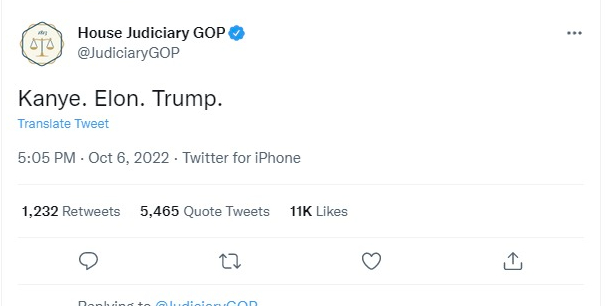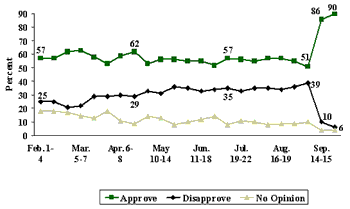Trump has reportedly floated the idea of raising taxes on the wealthiest Americans. Emily Brooks at The Hill:
Americans for Tax Reform President Grover Norquist, who has long worked to have politicians sign pledges to not raise taxes, said that Trump called him to ask his opinion about the matter on Wednesday.
“I told him I thought that it was a job killer, that it was bad for the economy, that it was political death,” Norquist said, reminding him of the many times he promised to make the 2017 tax cuts permanent. And suggestions from staff to the contrary, Norquist said, would not serve him politically.
“That’s what Darman did to Bush,” Norquist said, referencing the Office of Management and Budget director for former President George H.W. Bush — who lost reelection after making the promise, “Read my lips: no new taxes,” before agreeing to tax increases.
“That’s kind of a disgusting thing for a staffer to do to a president, is to tell him to go out and change his mind and say, ‘Oh, I lied when I ran for office,’” Norquist added.
Trump referenced the infamous Bush quote in a Truth Social post on Friday when he said Republicans should “probably not” raise on those pulling multi-million-dollar incomes, musing that Democrats could use it against Republicans.
But Trump also said it was not that broken promise that lost Bush in 1992: “NO, Ross Perot cost him the Election!” Trump said, referencing the independent presidential candidate who pulled nearly 19 percent of the popular vote.
Along with Newt, Grover has been warning against this move for some time.


